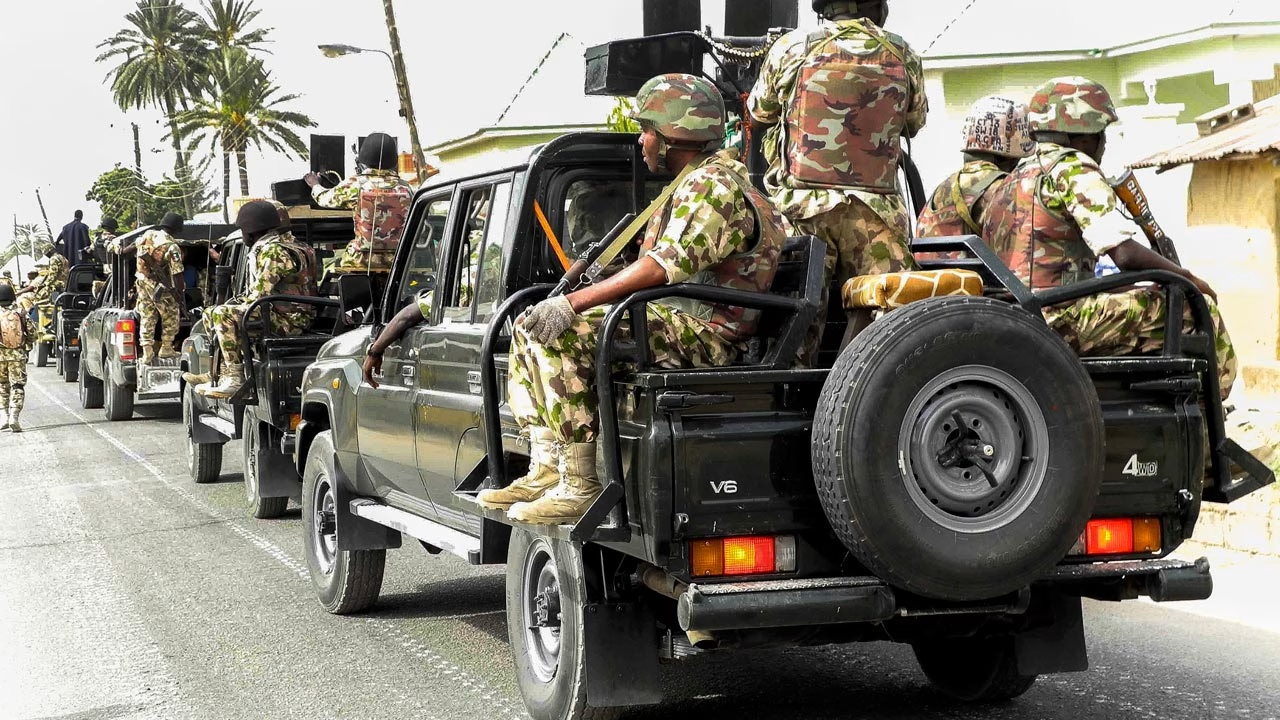The number of military officers held in connection with the alleged coup attempt against President Bola Tinubu’s administration has reportedly increased to 42.
The Defence Headquarters had earlier confirmed the arrest of 16 officers over what it described as “disciplinary infractions,” without directly linking them to any coup-related activities.
However, sources revealed that the detentions were tied to an alleged plan to disrupt Nigeria’s 26-year stretch of democratic governance.
According to a report by Daily Trust on Thursday, security insiders said the arrested personnel are currently undergoing interrogation to determine the extent of their involvement and the nature of the alleged plot.
“So far, 42 officers have been picked up. They are being interrogated to establish the depth of involvement and whether there was any concrete plan beyond mere discussions,” one source said.
Another security source disclosed that the number of those arrested might rise further as investigators from the Defence Intelligence Agency (DIA) and the Military Police continue to trace communication links and possible funding sources.
Meanwhile, Presidential Adviser on Media and Public Communication, Sunday Dare, said the Presidency stands by the position of the military authorities on the matter.
Speaking on TVC, Dare reiterated that the Armed Forces remain the legitimate institution charged with safeguarding Nigeria’s unity and territorial integrity, adding that the Tinubu administration maintains full confidence in their loyalty.
“We are going to stick to the narrative of the military because they are the ones constitutionally empowered to secure this country,” Dare said. “Until the military comes with a different narrative, we are going to stay with that.”
Security analyst and retired military officer, Bashir Galma, said that the federal government may be hesitant to publicly acknowledge any coup attempt in order to prevent public panic or discourage investors.
He, however, cautioned that sustained denial could erode public trust if new evidence later comes to light.

